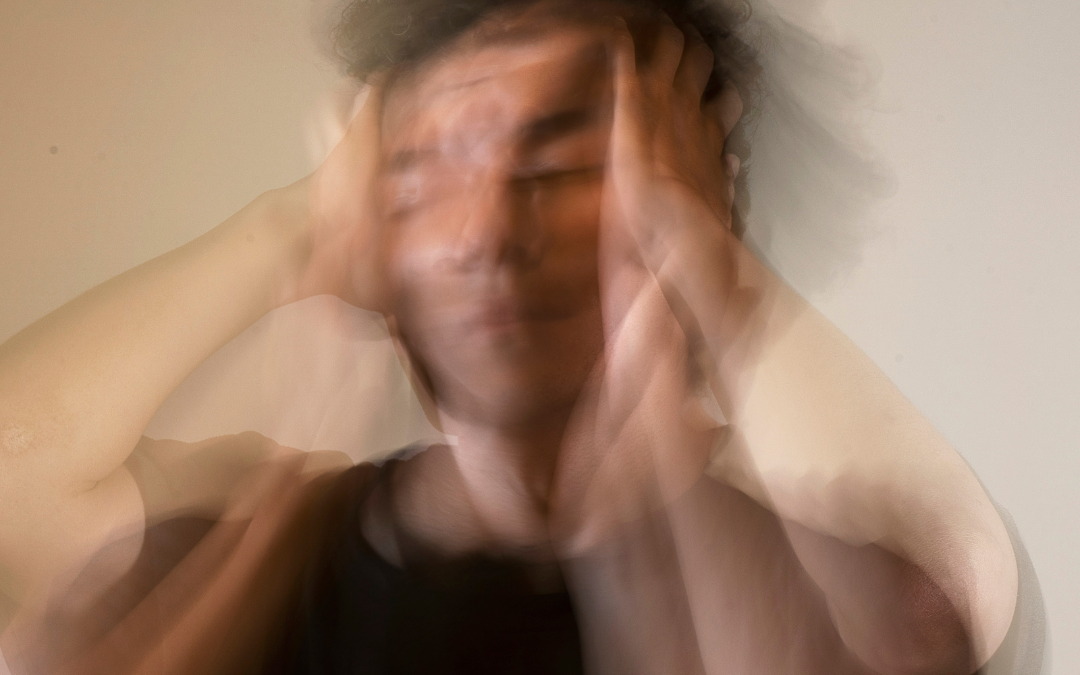is it normal to feel anxious all the time?
Anxiety After Loss
The loss of a loved one to suicide is a deeply traumatic experience that can leave survivors grappling with a wide range of emotions. Among these, anxiety is a common and often overwhelming companion on the grief journey. In this blog post, we will explore the question: Is it normal to feel anxious all the time after a loved one dies by suicide? The short answer is yes, and here’s why.
Understanding the Complexity of Grief
Grief is a complex and individual journey. There is no “right” way to grieve, and there is no timeline for when the pain will diminish. When a loved one dies by suicide, the shock, guilt, anger, and sorrow that survivors experience can give rise to intense anxiety.
The anxiety is often rooted in a multitude of factors:
- Unresolved Questions: Suicide often leaves behind numerous unanswered questions. Survivors may grapple with “what ifs” and “whys,” leading to constant rumination and worry.
- Guilt: Survivors often experience profound guilt, believing they should have been able to prevent the suicide. This self-blame can fuel anxiety.
- Fear of Stigma: The stigma surrounding suicide can make survivors hesitant to discuss their loved one’s death, creating a sense of isolation and fear of judgment.
- Loss of Control: Suicide is an unexpected and uncontrollable event. This loss of control can generate anxiety as survivors grapple with the unpredictable nature of life.
- Trauma: Witnessing or discovering a loved one after suicide is a traumatic experience, and it can lead to anxiety and even post-traumatic stress disorder (PTSD).
Anxiety after loss, often misunderstood, is a complex emotional response that can emerge as a result of traumatic experiences. When the mind perceives a threat, whether it be physical, emotional, or psychological, the body activates its natural stress response mechanisms, triggering feelings of unease, fear, and worry. This response is deeply rooted in our evolutionary history, serving as a survival instinct designed to protect us from harm. However, in the face of prolonged or extreme stress, such as experiencing a traumatic event, this adaptive mechanism can become overwhelming, leading to persistent anxiety. Understanding anxiety as a traumatic stress response helps to destigmatize its occurrence, recognizing it as a natural reaction to abnormal circumstances. By acknowledging the validity of these feelings and seeking appropriate support, individuals can navigate through their anxiety, gradually reclaiming a sense of safety and control over their lives. It is a reminder that in the face of adversity, anxiety can be a signal for healing and growth, guiding us towards resilience and recovery.
Coping with Anxiety
If you are experiencing anxiety after the suicide of a loved one, it is crucial to understand that this is a common response to such a devastating event. Here are some strategies to help you cope:
- Seek Professional Help: A therapist or counselor with expertise in grief and trauma can provide guidance and support as you navigate your anxiety.
- Join a Support Group: Connecting with others who have experienced suicide loss can provide a sense of understanding and reduce feelings of isolation.
- Practice Self-Care: Prioritize self-care and engage in activities that promote your mental and emotional well-being, such as exercise, meditation, or journaling.
- Educate Yourself: Learning more about suicide, mental health, and the grieving process can help you understand your own feelings and reactions.
- Establish Boundaries: Set boundaries with well-meaning but potentially triggering individuals who may pressure you to talk about your loved one’s suicide when you are not ready.
- Be Patient with Yourself: Grieving is a unique and non-linear process. Allow yourself the time and space you need to heal and cope with anxiety.
Conclusion
Experiencing anxiety after loss of a loved one dies by suicide is a normal response to an incredibly challenging situation. Grief and anxiety are complex and interconnected emotions. It’s important to reach out for professional help, connect with support groups, and prioritize self-care as you navigate your journey through the storm of emotions. Remember that healing is a gradual process, and with time and support, you can find ways to cope with your anxiety and honor the memory of your loved one.

